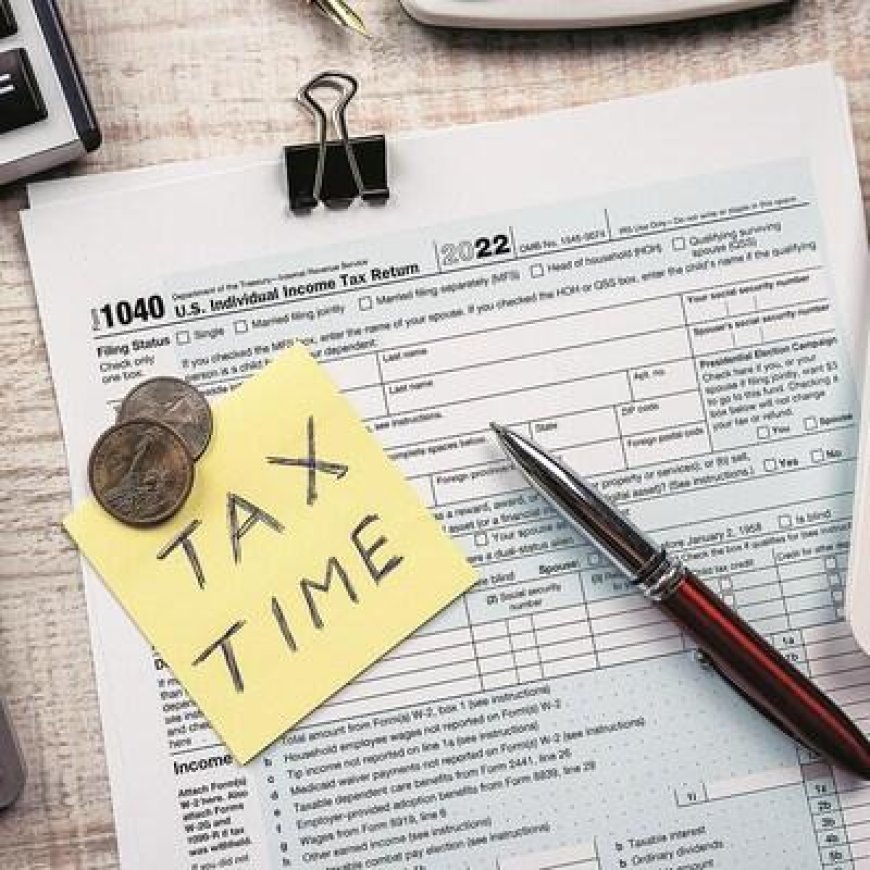What are Fake Reports & Receipts in Income Tax Filing ?
Learn how the Income Tax Department verifies fake reports and receipts in ITR filing, the penalties for fraud, and why honest tax payment is essential.

Introduction
Income tax is the backbone of a nation’s financial structure, funding essential public services like healthcare, infrastructure, and education. Every individual and business earning taxable income is required to file an Income Tax Return (ITR). However, some taxpayers misuse the system by submitting fake reports or receipts to claim deductions and reduce their tax liability. The Income Tax Department has strict verification processes to identify such fraudulent activities and ensure tax compliance.
A Brief History of Income Tax in India
The concept of income tax in India dates back to 1860, introduced by Sir James Wilson to meet financial needs after the 1857 revolt. Over the decades, the system evolved with the formation of the Central Board of Direct Taxes (CBDT), digital tax filing (e-filing), and stricter enforcement mechanisms to detect fraud and promote transparency.
Fake Reports & Receipts – How the Scam Works
Fake reports or receipts usually involve:
-
Fabricated medical bills, rent receipts, or donation proofs for deductions.
-
False investment documents to claim tax benefits under sections like 80C.
-
Inflated business expense reports to reduce taxable income.
These fraudulent claims are illegal and punishable under the Income Tax Act, leading to penalties, interest, and even prosecution.
Verification by the Income Tax Department
The Income Tax Department uses advanced tools to detect fake claims:
-
Data Cross-Verification: Matching reported data with employer, bank, and third-party records.
-
Form 26AS & AIS Check: Comparing claimed deductions with actual reported income and TDS.
-
Random & Targeted Scrutiny: Selecting suspicious cases for in-depth investigation.
-
Digital Trails: Scanning uploaded receipts, bills, and bank transactions for authenticity.
ITR Filing & Verification Timetable
-
April–July: Filing period for most individual taxpayers (due date 31st July for AY without audit).
-
September–October: Filing deadlines for businesses and audited accounts.
-
Within 30 Days of Filing: E-verification of ITR through Aadhaar OTP, bank account, or DSC.
Late filing attracts penalties under Section 234F, and false claims can lead to severe fines or legal action.
Importance of Paying Tax Properly
-
Legal Compliance: Avoids penalties, legal action, and reputational damage.
-
Nation Building: Contributes to public infrastructure, welfare schemes, and development projects.
-
Financial Transparency: Helps maintain clean credit and financial records for future loans or investments.
Significance of Verification
Verification ensures:
-
Genuine taxpayers are treated fairly.
-
Fraudulent claims are weeded out.
-
Trust in the tax system remains strong.
Conclusion
Filing income tax returns honestly and avoiding fake reports or receipts is not just a legal obligation but a moral responsibility. The Income Tax Department has strengthened its verification processes to detect fraud and promote fair taxation. By paying taxes truthfully and on time, you contribute to your own financial stability and the growth of the nation.

 Ellofacts
Ellofacts 





